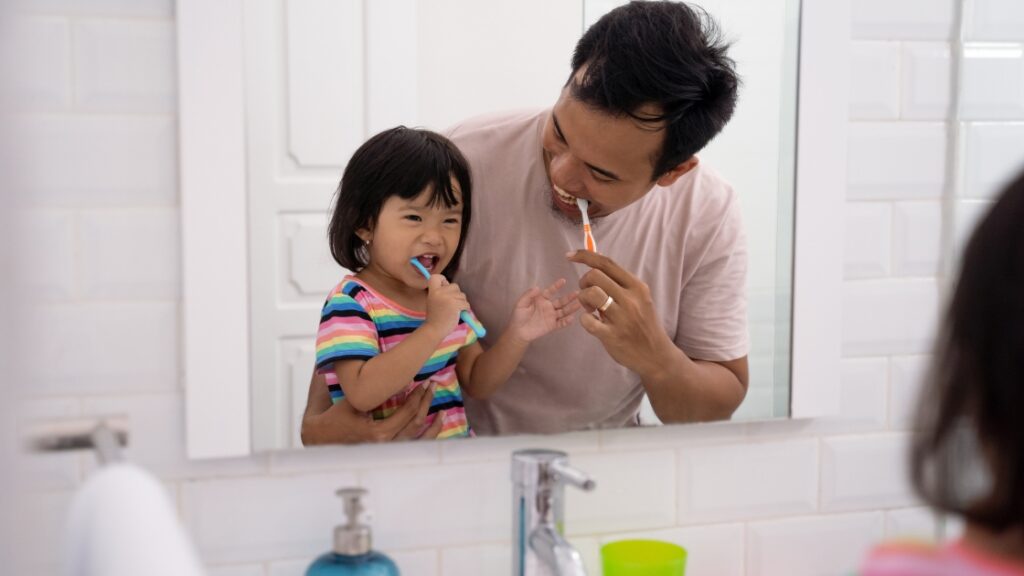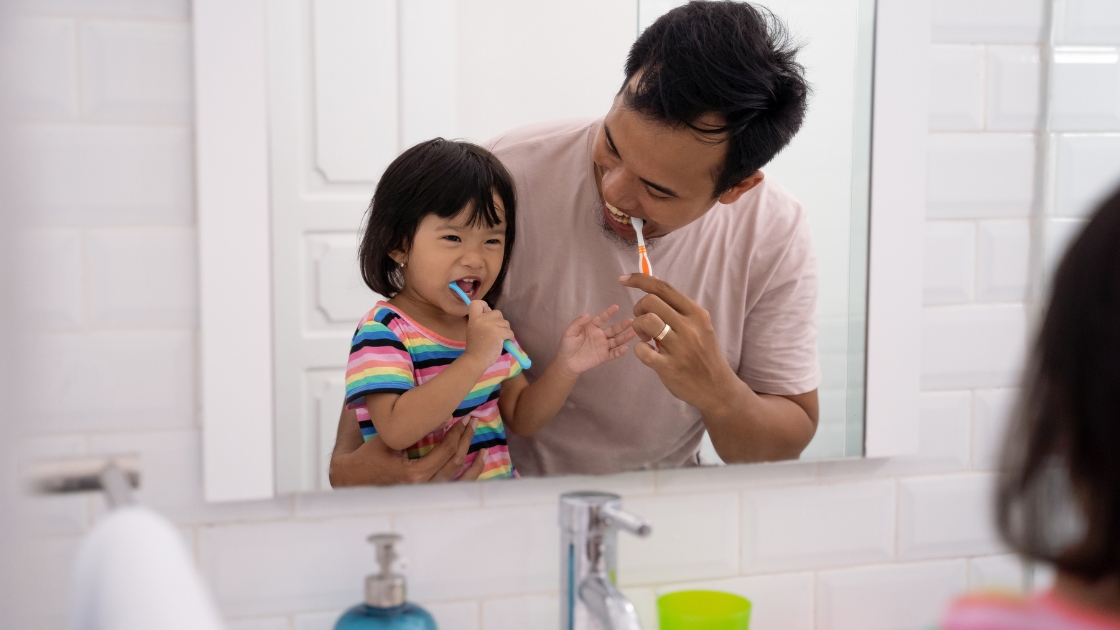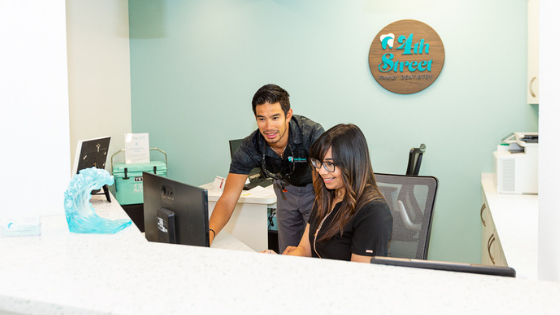

Celebrate Tooth Fairy Day!
Happy Tooth Fairy Day! Are you a resident of St. Petersburg, FL who is looking for a family dentist? Have you been searching for the perfect dental office that can meet your family’s needs? Look no further! Here in St. Petersburg we are offering same day appointments and easy online scheduling on Tooth Fairy Day! Not only that, but our highly trained staff understands how important teeth-care is to your family. We provide comprehensive dentistry services tailored to meet each patient’s individual needs with speed and quality care – no matter what you’re dealing with! So come celebrate this special holiday right here at 4th Street Family Dentistry in sunny Florida!
What is Tooth Fairy Day and why should we celebrate it
Tooth Fairy Day honors the beloved mythical being who brings excitement and joy to children when they lose their baby teeth. Celebrated annually on August 22nd, Tooth Fairy Day is an exciting occasion for families to celebrate this fun-filled event with their little ones. The Tooth Fairy has been an important part of childhood traditions for generations, sparking imagination and wonder in children around the world. The significance of this day is not only about the Tooth Fairy’s magic, but also serves as a reminder to care for our oral hygiene. Celebrating Tooth Fairy Day is a wonderful way to engage children in the importance of dental health, all while creating special memories that will last a lifetime.
Fun activities to do with kids in honor of the Tooth Fairy
The Tooth Fairy is a beloved character in many households and traditions, and what better way to celebrate her magic than with some fun activities for kids? You can start by creating Tooth Fairy-themed crafts, such as making a tooth-shaped pillow or creating a Tooth Fairy-themed pop-up card. You can also encourage your child to write a letter to the Tooth Fairy, expressing their appreciation for all the work she does. And of course, no Tooth Fairy celebration would be complete without some sweet treats! Why not bake some tooth-shaped cookies or cupcakes with your child and decorate them with glittery frosting? These activities will not only help keep your child entertained, but will also add to the excitement of losing a tooth and the anticipation of a visit from the Tooth Fairy.
Creative ways to give gifts from the Tooth Fairy
The Tooth Fairy is a beloved figure in many households, leaving behind treasures for little ones who have lost their baby teeth. While the traditional exchange of money under the pillow is a classic way to commemorate this milestone, there are plenty of creative ways to give gifts from the Tooth Fairy. For instance, the Tooth Fairy could leave behind a special tooth-shaped box filled with treats or a personalized certificate commemorating the lost tooth. These unique touches can make the Tooth Fairy experience even more special and memorable for children. With a little creativity, parents can make this childhood tradition even more magical for their little ones.
Tips for making a DIY tooth fairy pillow
Creating a tooth fairy pillow can be a fun DIY project for children and adults alike. Firstly, it’s important to choose the right materials. Consider using soft, washable fabric in a light color to ensure that the tooth is easily visible to the tooth fairy. Planning the design is key; consider incorporating pockets, ribbons or buttons to add an element of interest. Make sure to leave enough space for the tooth, but also ensure that the pillow is small enough to be tucked under a pillow or placed on a bedside table. Sew the pillow’s final seams with care: using a sewing machine is the easiest way to ensure a clean and sturdy final product. Add finishing touches like glitter or embroidery to make it even more special for the child receiving it. With these tips, creating a DIY tooth fairy pillow is sure to be a success.
Ideas for sweet treats that can be left by the tooth fairy
After a long day of losing a baby tooth, there’s nothing more exciting for a child than waking up to a special surprise from the tooth fairy. While money is a classic go-to, sweet treats can also make a memorable and enjoyable reward. Plus, it’s a great way to make sure your child is still practicing good dental hygiene even on special occasions. Instead of sugary candy that can harm teeth, try leaving a small bag of trail mix or a homemade granola bar. Alternatively, a small container of sugar-free gum or a fun-shaped toothbrush can be a fun and practical treat. Whatever sweet treat you choose, make sure it’s in moderation and still encourages healthy habits.
How to make your own personalized tooth fairy door hanger
Creating a personalized tooth fairy door hanger can be a fun and easy DIY project. First, gather your materials, such as a wooden or foam door hanger, paint or markers, and stickers or embellishments. Decide on a design, whether it be a favorite character or a simple tooth shape. Once you have your design in mind, add your personal touch with your child’s name or a special message. Use your materials to bring your design to life and let it dry for at least 24 hours. Once dry, hang your door hanger outside your child’s bedroom door and watch as their excitement grows knowing that the tooth fairy has a special entrance to their room. This DIY project is a great way to enhance your child’s tooth fairy experience and add a unique touch to their bedroom décor.
Contact Us Today
Tooth Fairy Day is a cherished holiday for many kids and a great way to celebrate a special milestone. Through creative activities and gifts, children can stay connected with the magic of this special day. Making your own tooth fairy pillow, door hanger, or leaving treats for the tooth fairy are all unique ideas that will give your child an extra dose of excitement. Having healthy teeth is essential for managing overall health, so it’s important to ensure that your child receives the best possible dental care. Contact us today at 4th Street Family Dentistry to schedule an appointment and we’ll be happy to answer any questions you have regarding your child’s oral health. Celebrating Tooth Fairy Day may be just one small step in keeping their teeth healthy but it carries big rewards. Let the Tooth Fairy bring a spark of joy into your home and create beautiful smiles that last a lifetime!



